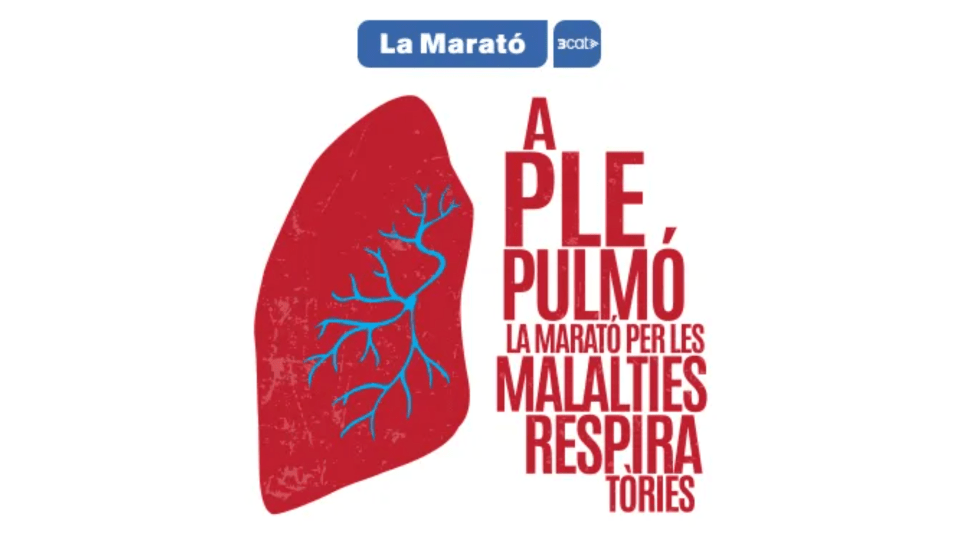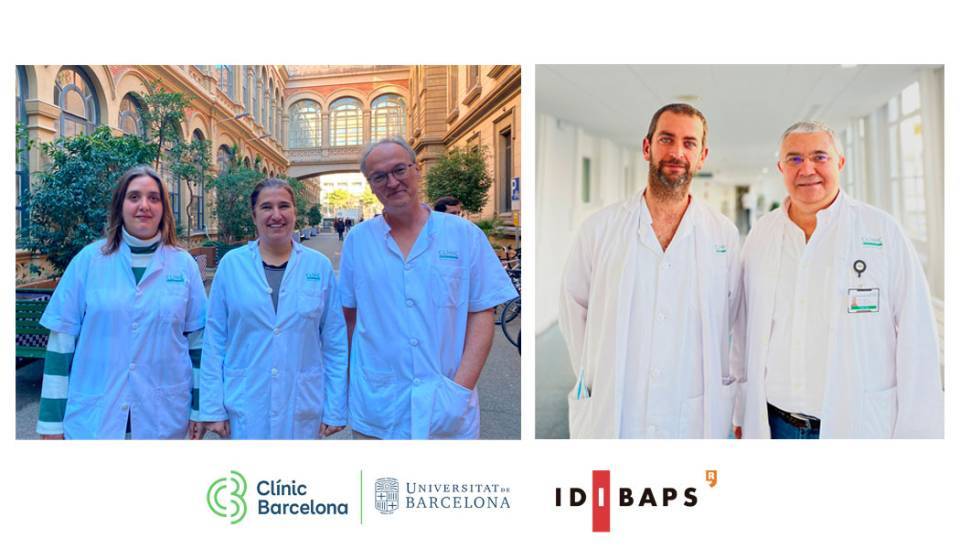The research conducted is primarily applied and innovative across various fields of Microbiology. It is carried out under the umbrella of the Barcelona Institute for Global Health (ISGlobal) and the August Pi i Sunyer Biomedical Research Institute (IDIBAPS), both affiliated with the Hospital Clínic and the University of Barcelona.
At IDIBAPS, research takes place within the areas of Biological aggression and response mechanisms and Liver, digestive system, and metabolism. Specifically, within the group:
Increased resistance to antimicrobial drugs, the natural process by which microorganisms (bacteria, viruses, parasites, and fungi) develop resistance to the drugs used to treat them, is an issue that threatens both the ability to treat infectious diseases and the advances made in global health in recent decades. This also implies rising costs for healthcare systems.
The lines of research developed in the Microbiology Deparment are included in the following areas:
- Knowledge of the molecular basis of microbial resistance, basically in multiresistant Gram-negative bacilli, Mycobacterium spp. and cytomegalovirus.
- Development of rapid diagnostic tools based on mass spectrometry techniques, molecular biology, such as gene amplification, and mass sequencing methods.
- Design of new antimicrobial agents. The Deparment has two patents.
- Research in the field of infectious endocarditis and osteoarticular infections.
The group is part of CIBERINFEC (Biomedical Research Networking Center – Infectious Diseases). In addition, it leads the ISGlobal Initiative on Antibiotic Resistance, which includes not only research activities but also educational and training programs.
As part of the research, in the antimicrobial resistance initiative, it is part of the JPIAMR Dx Global Project, a Strategic Training Action Plan to support the training of the JPIAMR Virtual Research Institute and the approach in Diagnostics, as well as an International Interdisciplinary Research Association (IRP) to address antimicrobial resistance as a global health threat.
MICROBIOME – MICROBIOTA BANK
The Microbiota Area focuses on the analysis and study of the human microbiota, the community of microorganisms that inhabit the human body and play a key role in health and disease. It encompasses both the Microbiome Area and the Microbiota Bank of Catalonia: Clínic Site.
The Microbiome Area, dedicated to studying bacterial genomes present in the human body, has become a reference in both research and clinical application in this field. It has a team with extensive experience in analyzing the intestinal, vaginal, respiratory, and sepsis-associated microbiomes, as well as the relationship between the intratumoral microbiome and cancer.
Recently, the AMIC Initiative (Microbiome and Cancer Immunotherapy Area) was launched, jointly driven by the Microbiology, Pathology, and Immunology Deparment, with the aim of advancing knowledge on the interaction between the microbiota and the immune system, and its clinical applications in immunotherapy.
Additionally, the Microbiology Deparment hosts one of the two sites of the Microbiota Bank of Catalonia, the first microbiota bank of its kind in Spain. Operating under the umbrella of CatSalut, the bank facilitates the implementation of Fecal Microbiota Transplantation (FMT) in healthcare centers across the region for the treatment of recurrent Clostridioides difficile infections.


